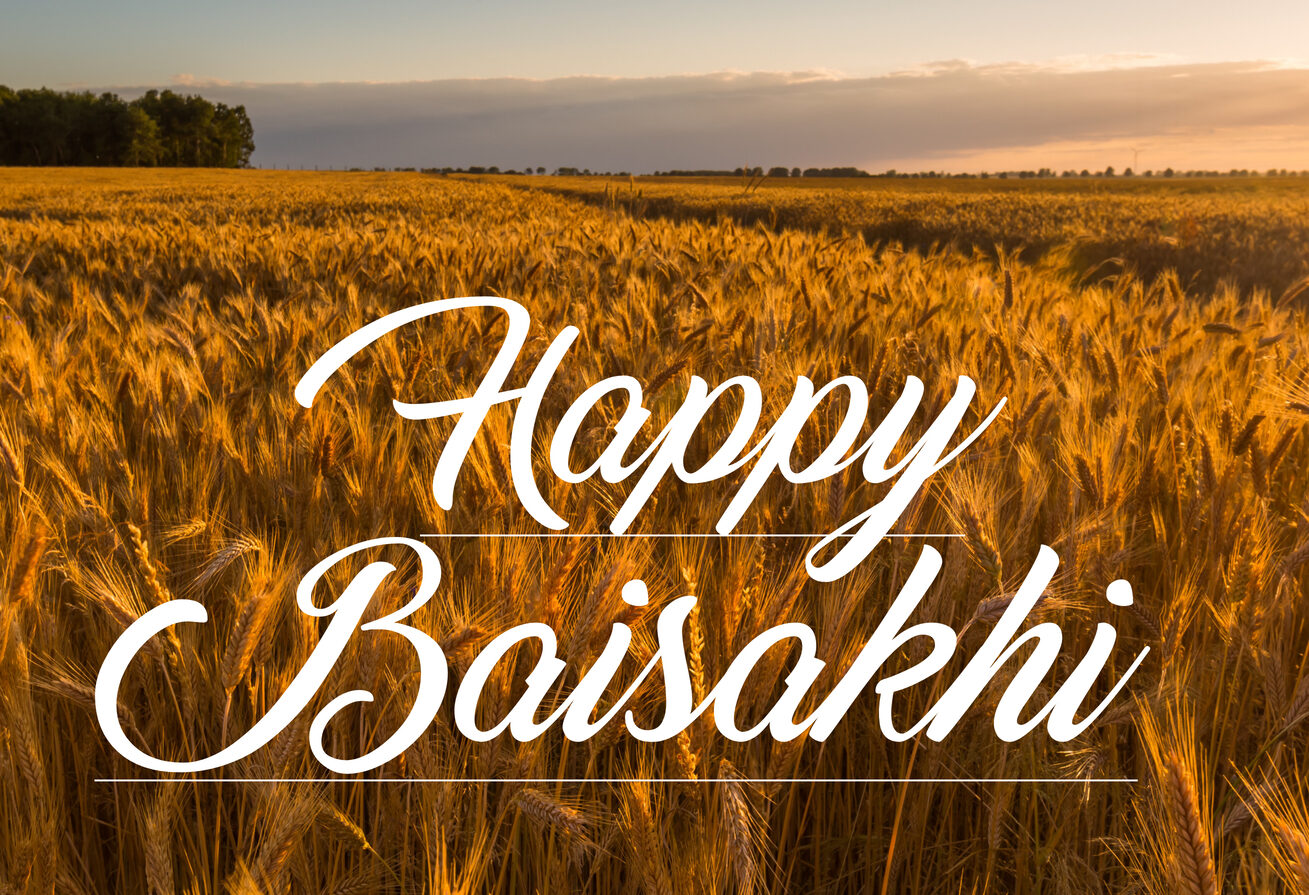History and Significance
Baisakhi has historical and religious significance for Sikhs. It marks the day when Guru Gobind Singh, the tenth Sikh Guru, established the Khalsa Panth in 1699. The Khalsa, which means “pure”, was a community of warriors who were dedicated to the principles of Sikhism and were willing to fight against injustice and oppression. Guru Gobind Singh called upon his followers to uphold the values of equality, justice, and service to humanity, and to defend the weak and oppressed.
Celebrations
The day of Baisakhi begins with the singing of hymns and the recitation of prayers in gurudwaras. Sikhs take part in early morning processions or nagar kirtans, in which they sing hymns and carry the Sikh holy book, the Guru Granth Sahib, on a palanquin or a decorated float. The processions are led by five Sikhs dressed as Panj Pyare, or the Five Beloved Ones, who were the first to be initiated into the Khalsa by Guru Gobind Singh.
After the processions, devotees gather in gurudwaras for special prayers and kirtans (devotional songs). Langar, a community meal, is served to all visitors, regardless of their religion or social status. The langar is an important symbol of the Sikh values of equality, service, and sharing.
In addition to religious ceremonies, Baisakhi is a time for joyous festivities, with colorful bazaars and fairs set up in many towns and cities. Traditional folk dances such as the bhangra and gidda are performed, and people come together to enjoy music, food, and cultural events.
Baisakhi Around the World
Baisakhi is celebrated not only in India but also in other parts of the world, where there is a significant Sikh population. In countries like Canada, the United States, and the United Kingdom, where Sikhs have a strong presence, Baisakhi is celebrated with great enthusiasm and is recognized as a public holiday in some regions.
Conclusion
Baisakhi is a significant festival for Sikhs, which celebrates the establishment of the Khalsa Panth and the values of Sikhism. It is a time for religious ceremonies, community service, and cultural festivities, where Sikhs come together to celebrate their faith and heritage.

